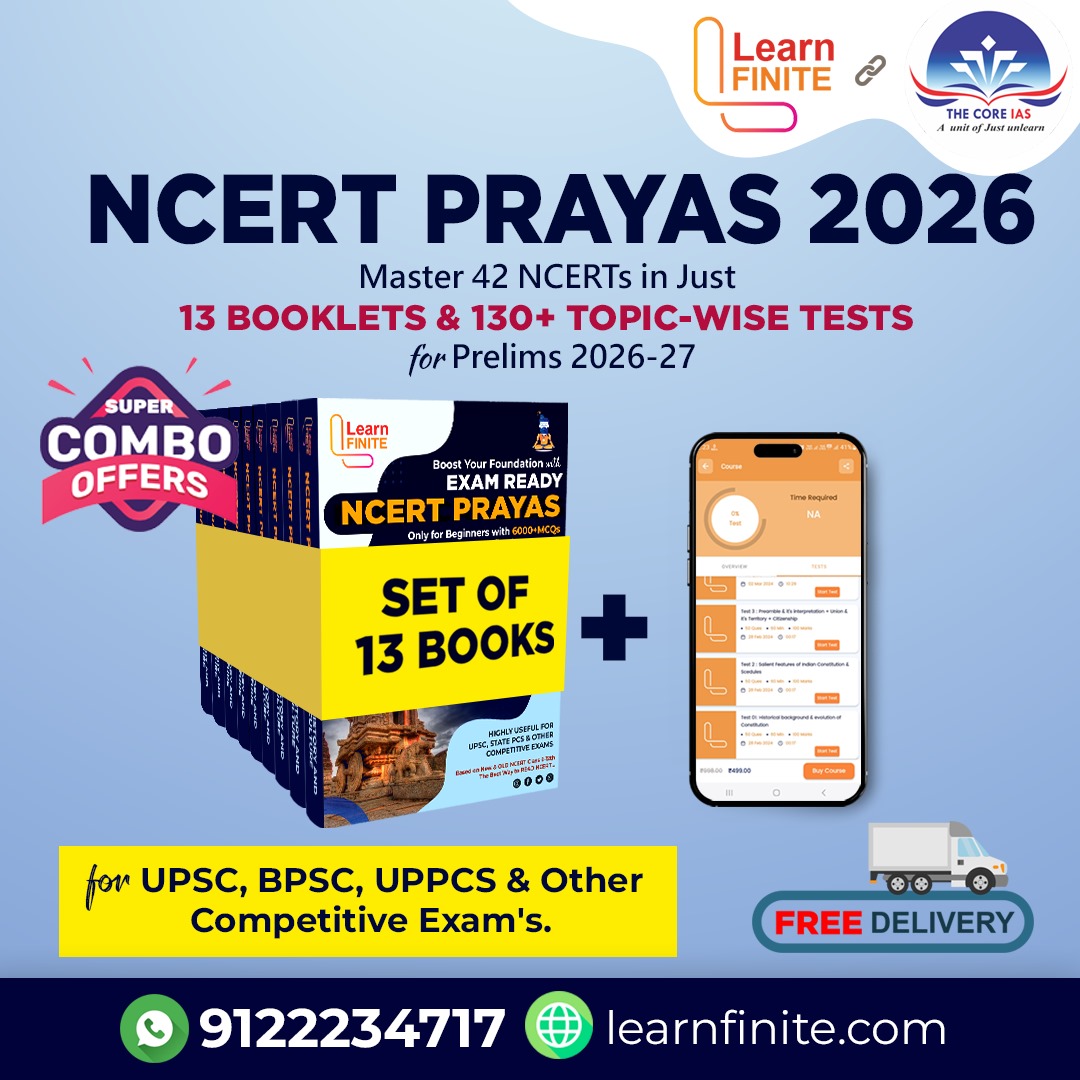Why do most people fail in UPSC exam?
The UPSC exam is usually conducted in three stages, namely, the preliminary, mains and finally an interview. At every stage, eligible students are allowed to take up the next level of UPSC exam, provided they qualify the previous round by scoring above the cut off range. At every stage, the filtering process will push the eligible students to the next level and finally the ones who clear the round of interview would be able to find lucrative positions in different organizational posts of the government of India.
Some of the well sought after ‘elite’ positions of governmental departments like IAS (Indian Administrative Services), IPS (Indian Police Services), IFS (Indian Foreign Services), etc are filled through a recruitment process conducted by the Union Public Service Commission or UPSC through a notification issue usually in the months of January – February. The detailed procedure for application, eligibility criteria and every information pertaining to the conduct of examination is present on their official website www.upsc.gov.in.
It’s a dream for many to aspire for the most coveted positions in the Indian Government and students from all over the country put in their best efforts to work towards clearing the examination and emerge successful with flying colors. Some of the points that act as ‘drawbacks’ or ‘common reasons amounting to failure’ in this UPSC exam can be found below:
Lack of an effective study time table
The last date for applying to the UPSC exam after the notification is out will usually be in the month of March and the preliminary round of exam usually takes place around June. Students aspiring seriously for the exams should begin preparation at least a year before they are set to take up the actual examination. The period from the time the notification is released till the examination should be utilized for ‘revision’ and not for ‘actual preparation’.
An effective study time table should include preparation for both the preliminary and the main examination and not for the Prelims alone. Devoting time judiciously and in a way that provides enough time for preparing for subjects that are not one’s strong areas will go a long way in good preparation. For example, if a person has good comprehension skills but lacks in problem solving and interpretation, the focus should be more on improvising the problem solving skills rather than over learning comprehension again and again.
Poor time Management in exam.
Knowing the time duration of each paper before the start of the exam and trying to answer mock papers at least a couple of months before the exam will be a lot of help. Answering the mock paper similar to the time frame set in the actual exam will give the students more seriousness and an examination kind of feeling.
Not spending too much time on a single question and trying to cover most of the questions in the UPSC exam is possible only when one has learnt good time management skills to crack the paper. This is possible only when students know how to effectively manage time to solve each and every question in the paper and a proper planning is very essential.
Not familiarizing the exam paper pattern.
Not knowing what to study for the exam is a major drawback. It is always a good idea to write out the parts of the exam paper and the relevant syllabus under the respective part to know whats actually required for studying. Having a fair idea of the number of questions that may be expected out of a particular subject comes as a matter of practice and if not well versed with the same, becomes difficult to manage.
For example, identifying the marks allocation for essay type of questions under the English language section will help students plan their write-out accordingly. Writing pages together for an essay without paying regard to the marks will only waste time and leave students with very less duration to even think of answering the remaining questions. Answer the question in accordance with its marks.
Too much reliance on coaching classes
Attending coaching classes is a good idea, but relying too much on their teaching and not devoting enough time for any self study will only help the coaching centre to prosper more, but leave you with little chances of clearing the exam. Finding a coaching centre that is closer to your place will help shorten the travel time and leave you with more time to study. Travelling to far-off places will only exhaust your energies and give you no time for preparation or relaxation. Plan out your own way of studying by using the study material provided by the coaching centre as a reference material.
Not understanding competition
It takes a minute to research the number of applicants that apply to the exam every year. Lakhs of aspirants apply for the UPSC exam every year and after the preliminary screening round, some thousands are allowed for the main exam. After another round of screening, a few thousands take up the interview round and only a few hundred emerge successful after the final round.
So basically, the number in lakhs comes down to a few hundreds and that is the reality of the exam. That is ‘competition’ and our preparation should be in a way to beat that ‘competition’.
Undermining certain portions of the exam paper
‘Overconfidence’ to a great extent plays spoilsport in these exams. Treating aptitude questions as more important than the English section may be a personal choice, but certainly not in the exam. Solving too much time on aptitude and giving very less time for English is like sticking out a chord of over confidence against our head. The paper format can be predicted but certainly not the questions. They can be asked from any corner and out of the blue. It’s a good idea to spend good time on preparing for every section of the examination.
Penalty marks and making wrong choices.
Some questions attract a penalty if not answered correctly. Blindly attempting every question without being confident about the answer will lead to negative marking and the student will lose out marks from questions that the student has actually attempted correctly. Good choice of questions, questions that the student is able to find correct answers are helpful hints. In the main examination, it is very essential to make the right choice of subjects. It is essential to go in-depth in the subject areas chosen for study.
Not referring to previous year question papers
Referring to previous year question papers makes one familiar with the paper format, the kind of questions that can be anticipated as well as the subject division in each paper. This will go a long way in giving a good idea of the examination. Also, answering the paper in the duration set for the paper will act as an added advantage and will help in solving the paper faster. Many questions similar to the ones appeared in previous papers will be asked time and again; hence practising them will play a helpful role.
Good preparation with a good study time table and an effective revision will help in clearing the UPSC exam successfully. It’s also good to relax in between study schedules and maintain a peaceful and confident mindset to crack the exam positively.
References
https://www.quora.com/Why-do-so-many-people-fail-at-clearing-IAS
https://upscbuddy.com/
https://www.thehansindia.com/posts/index/Education-&-Careers/2017-04-20/Why-do-most-people-fail-in-UPSC-CSE/294851
If You want to share Your Study Material with Other send me [email protected] Please share this post with the needy aspirants. Join our Telegram Channel for regular update Click here |
If you are new to UPSC field, We recommend you to know about UPSC Prelims and UPSC Mains and UPSC Optionals and Test Series [Prelims/Mains] and also Magazine for better Understanding. All our Advertisements are Decent ads [we don’t compromise in the Quality] and if anyone have any problem with website or advertisements please contact me [email protected]
Disclaimer:
UPSCPDF.com does not own this book, neither created nor scanned. we just providing the links already available on Internet. if any way it violates the law or has any issues then kindly contact us. Thank you






